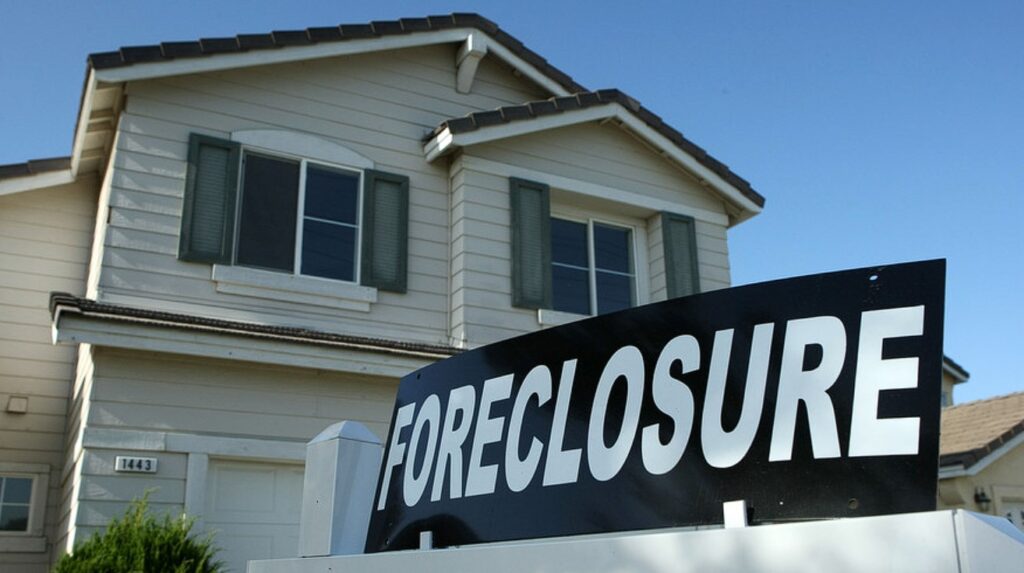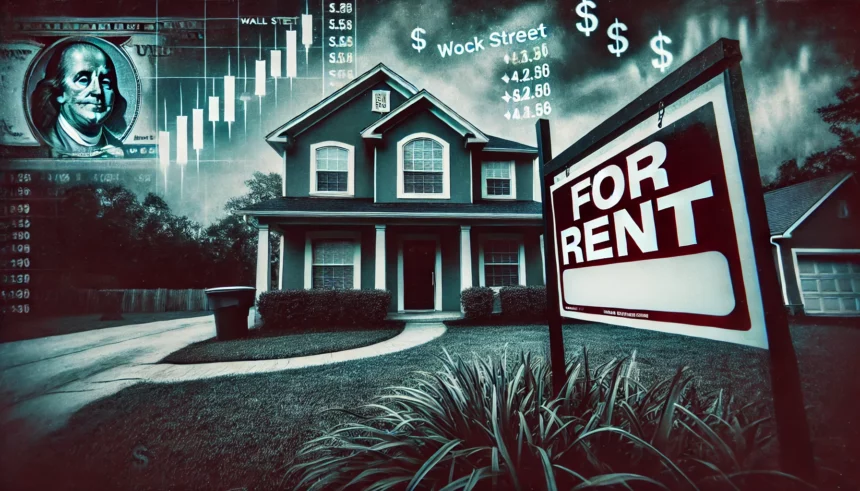Invitation Homes, the nation’s largest private landlord of single-family homes, has come under significant scrutiny for its questionable business practices that have negatively impacted tenants and contributed to the growing housing affordability crisis in the U.S. The company, which has turned rental homes into an investment vehicle for Wall Street, is facing criticism over deceptive fees, poor property maintenance, and exploitative rent hikes.

Hidden Fees and Deceptive Practices
One of the most concerning issues with Invitation Homes has been its use of hidden and undisclosed fees. The company has been accused of charging tenants for things like mandatory air filter delivery and smart home technology without clearly outlining these costs upfront. Such practices were deemed misleading by the Federal Trade Commission (FTC), which fined Invitation Homes $48 million for these deceptive practices. These undisclosed fees add to the already high costs of renting from the company, making it even harder for tenants to manage their housing expenses. Despite this settlement, many tenants report that the company continues to engage in questionable financial practices, further contributing to their financial burdens.
Neglecting Maintenance and Tenant Welfare
Beyond financial exploitation, Invitation Homes has also faced accusations of poor maintenance and neglecting the habitability of its rental properties. Tenants have reported issues such as mold, sewage backups, water leakage, and pest infestations. Many have voiced frustrations over the company’s unresponsiveness to repair requests, often leaving serious issues unresolved for extended periods. The company’s apparent prioritization of profit over tenant welfare has been a point of contention, with residents often left in unsafe or uncomfortable living conditions.
Aggressive Rent Hikes and Eviction Practices
Invitation Homes is notorious for its aggressive rent hikes, sometimes raising rent by up to 10% annually—well above the average for most markets. These rent increases make it more difficult for families to find affordable housing and contribute to the broader housing affordability crisis. In addition to skyrocketing rents, the company’s eviction practices have drawn attention. Invitation Homes has been accused of having higher eviction rates compared to smaller, individual landlords, disproportionately affecting low-income and minority communities. This aggressive approach to evictions only worsens the housing insecurity many Americans face.
Legal Challenges and Settlements
Invitation Homes has faced numerous lawsuits alleging unfair business practices, including excessive rent increases and the imposition of punitive late fees. Although the company has settled many of these legal battles, it often does so without admitting to any wrongdoing, raising questions about the integrity of its operations. The settlements, while financially substantial, fail to address the broader systemic issues within Invitation Homes’ business model, leaving tenants vulnerable to continued exploitation.
Conclusion
The business model of Invitation Homes is a stark reminder of the dangers of Wall Street’s increasing involvement in the housing market. By prioritizing profit over tenant well-being, the company contributes to the crisis of affordable housing and exploits the very people who need affordable homes the most. Until more regulation is introduced, corporate landlords like Invitation Homes will continue to extract profits at the expense of American renters, further deepening the housing affordability crisis.







